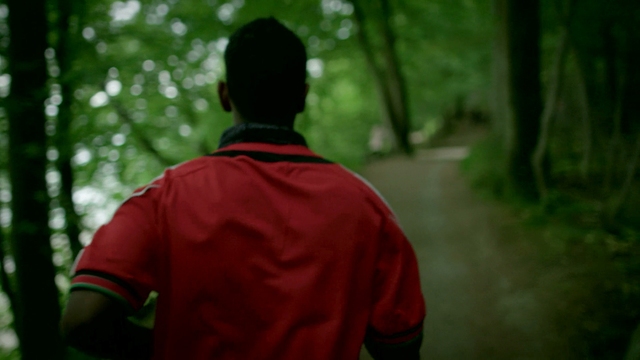Hug A Jihadi
Aarhus, Denmark opts for compassion over punishment in the struggle to rehabilitate radicalised youths
 Can radicalisation be reversed? As more young people are falling under the influence of extremism, the question of whether society can rehabilitate these individuals becomes ever more crucial.
Can radicalisation be reversed? As more young people are falling under the influence of extremism, the question of whether society can rehabilitate these individuals becomes ever more crucial.
Superintendent Allan Aarsley is overseeing a deradicalisation programme in the Danish city of Aarhus. They seek to offer empathy and support, rather than vilification and exclusion. Aarsley saw men returning from Syria and thought "if we did not integrate them into the local community again, they will be a safety hazard". Jamal narrowly escaped being radicalised. "I felt like I was segregated, I was neglected, I was humiliated so I was vulnerable and for a person who is vulnerable at this time… he will do anything." He is one successful product of Aarsley's scheme. "I’m not saying I’m nationalist but I’m more patriotic than ever before... This problem can only be solved if we work together as a community." But Naser Khader, of the Conservative People's Party, thinks it sets a bad example. "If you go off and be a Jihadi, you will get privileges from this society. That's wrong in my opinion."
Produced by Dateline, SBS Australia.
FULL SYNOPSIS

